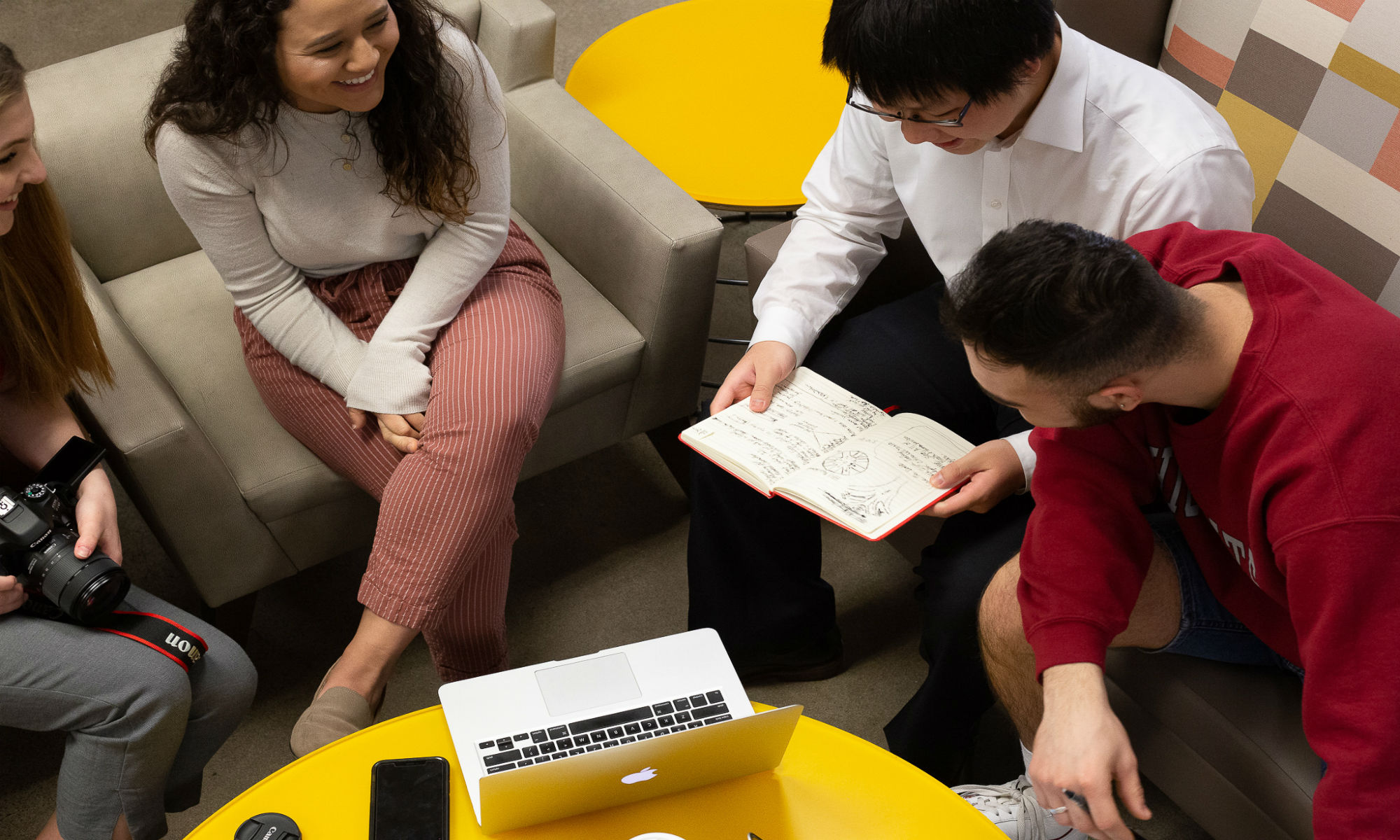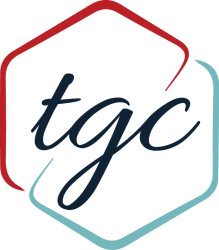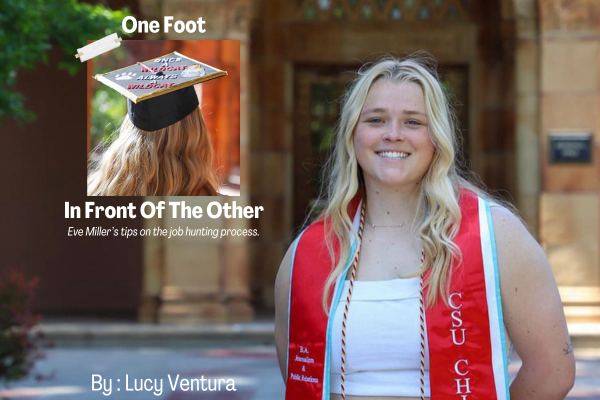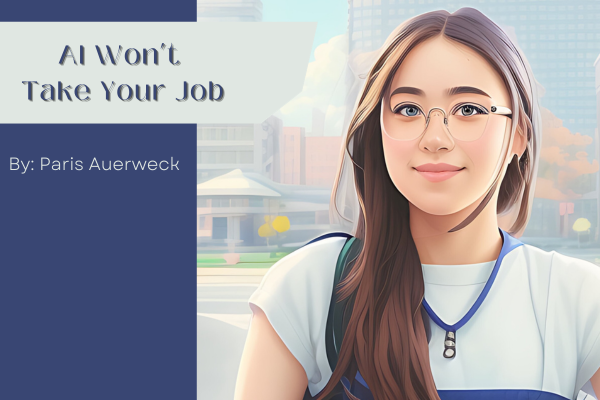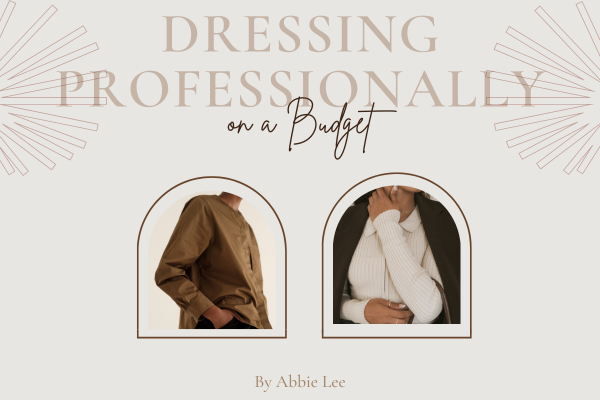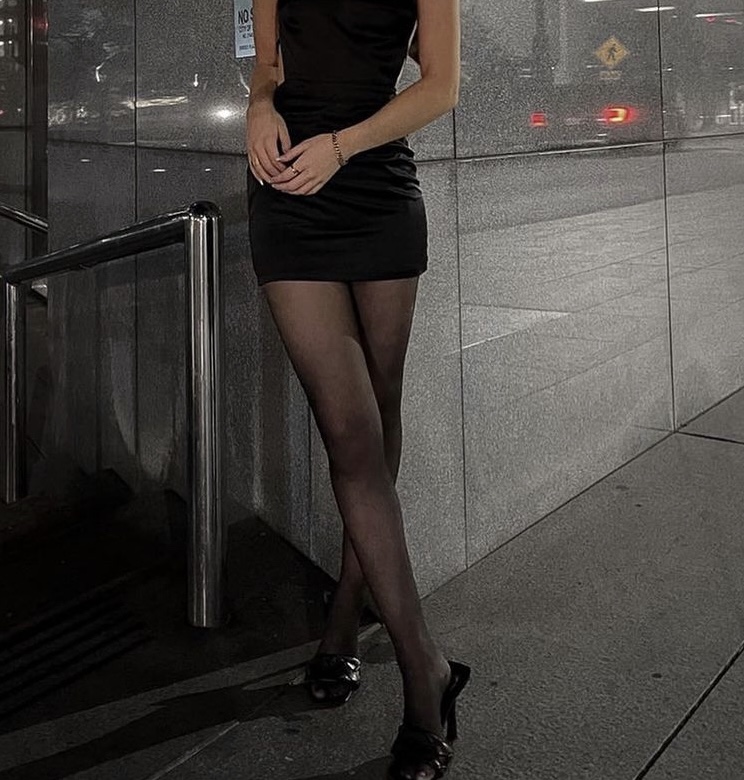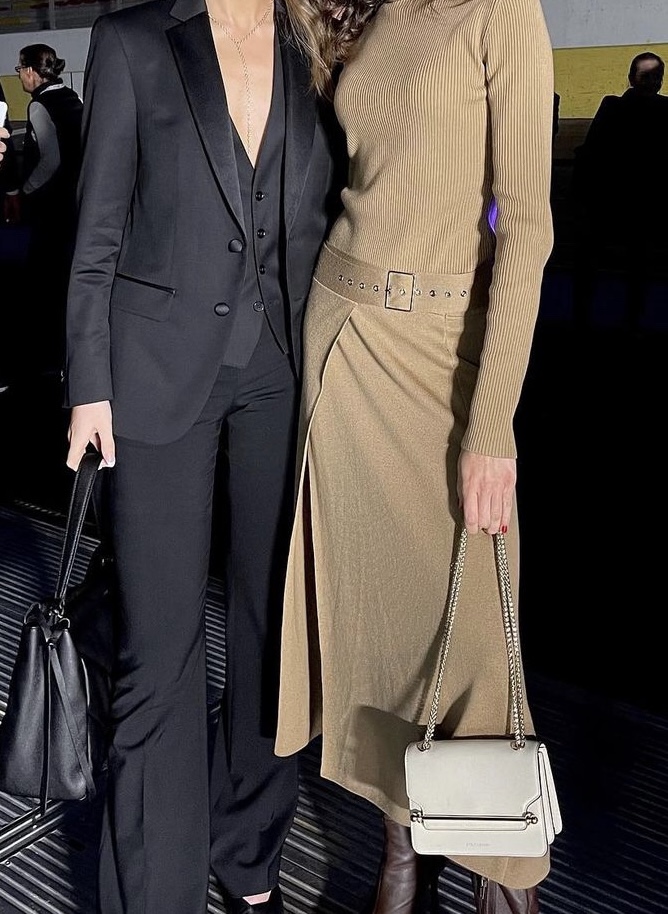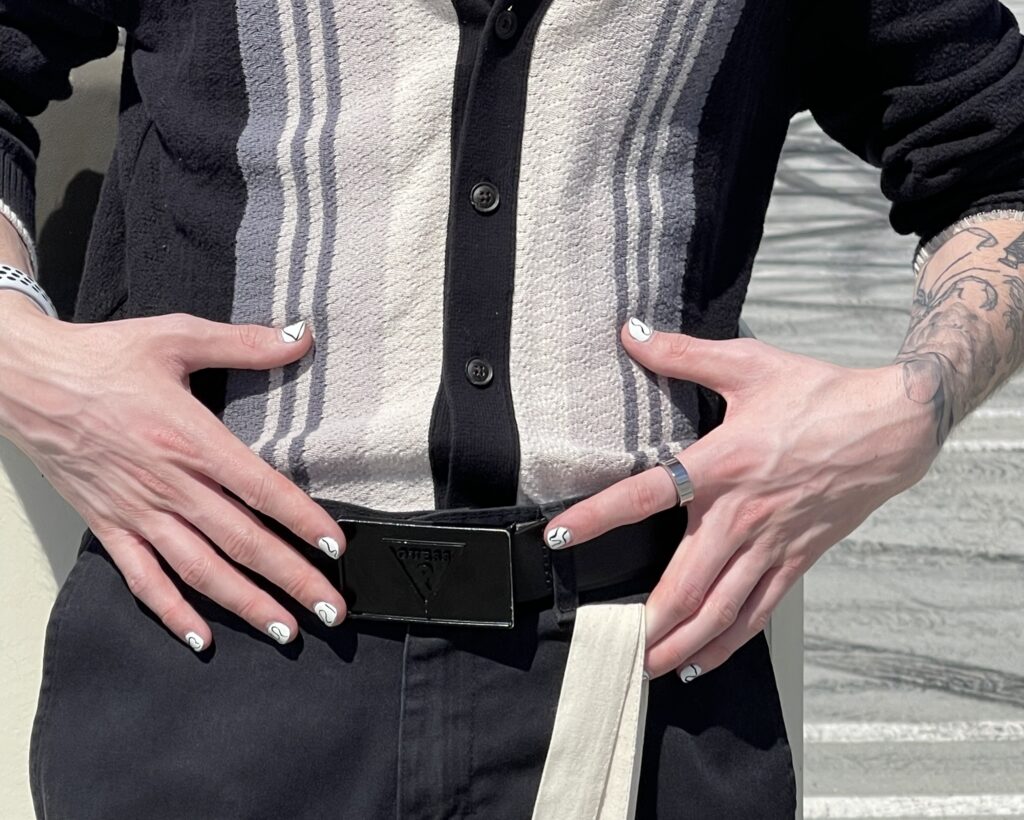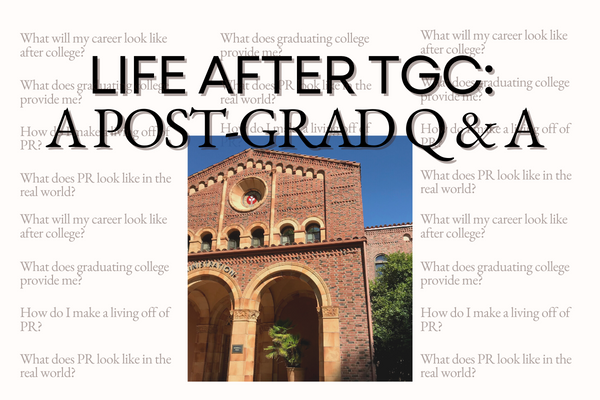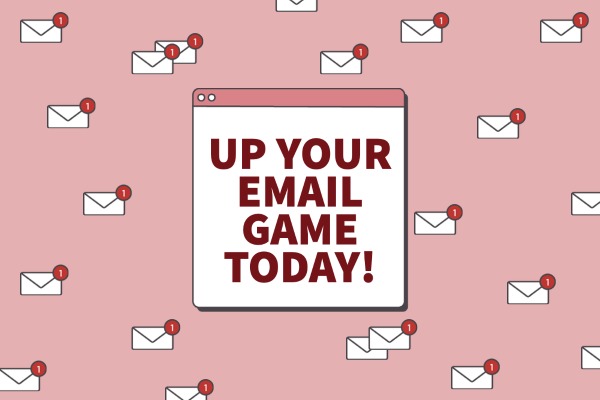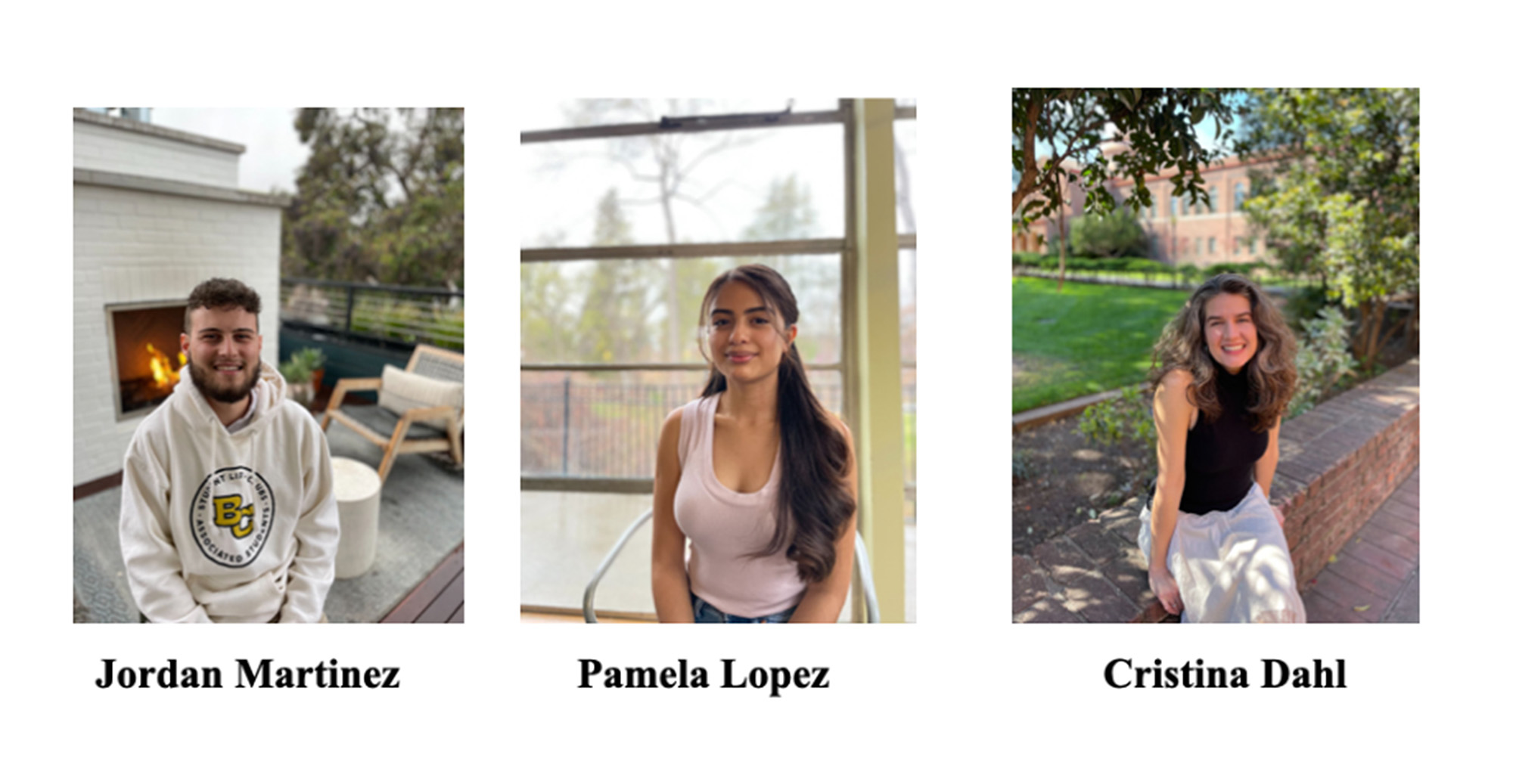Eve Miller’s tips on the job hunting process.
By: Lucy Ventura
As a senior, thinking about what’s next post-graduation can be frustrating. It can also be a burden on your self-esteem going through many interviews and not hearing back quickly. I spoke with Eve Miller about what her job hunting process was like and how she adjusted from being in TGC to working at Global Results Communications agency.
What was the job hunt like for you?
“It was long and tedious. I think I started looking for post-grad jobs over Thanksgiving break and applying not long after,”
How did you manage to stay encouraged throughout the job hunting process ?
“I had to keep reminding myself that I didn’t need to find the perfect job straight away. I stressed a lot over what part of public relations I wanted to focus on when I didn’t even need to think about it. Even just finding a job that furthers your skills in any aspect is great and will benefit you in,”
What tips would you give to those who are nervous for the interview process?
“Practice over and over with friends, family or mentors. Even apply for jobs you know you don’t want but are qualified for and go through the interview process – you can always say no and it gives you practice for what types of questions people typically ask and how to answer them depending on the position,”
“I did this a lot throughout college and probably had tons of interviews I did just because I could. I didn’t realize its impact until a recruiter told me after an interview that I was the first candidate to answer their questions rather than push for what I wanted to tell them.”
What role did personal branding and online presence, such as LinkedIn, play in your job search success?
“The biggest part. I was fairly active on LinkedIn and still am since I use it for work every day.
LinkedIn is your best friend. If you have the money to spend on getting premium, do it. They have a student discount – I’m still riding on this currently- which helps so much during the application process.
I would constantly go on the page of organizations I loved and look at the people working there in the positions I hope to have one day and I’d just try to message them or connect with them. People want to help you if you’re friendly and it doesn’t hurt to ask. I got my current job by contacting the company’s owner.”
Can you offer advice to seniors who are currently job hunting in the PR field based on your experiences?
“Your professors want to help you! Ask them for help but understand that they have other things to do so plan ahead.”
Looking back, is there anything you would have done differently in your job hunt, or any lessons learned that you can share?
“I started to work the day I got back from graduation and I wish I had taken a break, even if it was for a week. Going from a classroom setting one day to working with clients and full-grown adults the next was shocking. Have fun when you have the time because summers don’t exist after college…
Was it hard adapting straight from college to the workforce and how did you prepare to start your job fresh out of graduating college?
Extremely – I’m still adjusting. It’s not something people really prepare you for, they just prepare you for how to get a job. I had a bit of imposter syndrome the first couple of weeks and I still get it from time to time. The most important thing that has helped me is asking questions.
“Be the annoying person who asks too many questions because it’s better to look curious and get it right the first time than stay quiet and have to do it over again a million times.”
In what ways has TGC prepared you for the job you are working at now?
“It helped me know how to work on multiple accounts at once and manage time. Having that public relations firm under your belt, even if it is student-run, helps you more than you know when looking for jobs and when you’ve got a job. I know how to work well in teams of different people and communicate people’s needs. TGC helped me grow a lot of my skills in different aspects, more than I realized. In every interview I had, people were impressed with the experience I had gained through TGC. It’s not something that people should underplay and say “Oh it’s a class” because it’s definitely more than that depending on how much you put into the program. It’s a full internship which I know not a lot of other universities offer. It’s a huge leg up in the job process and as long as you position it right on your resume and during interviews, it could be the difference between whether you’re picked for a position or not.”
